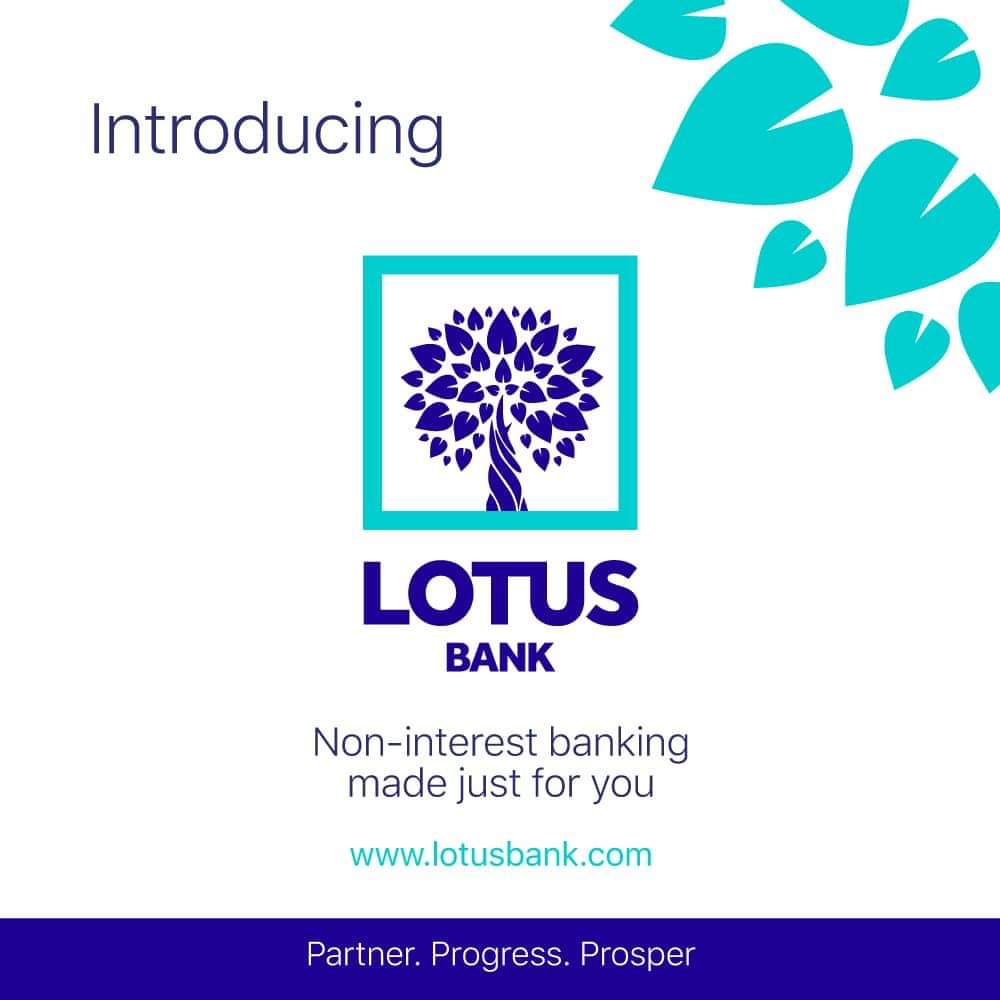NITDA, Google, and Digital Skills for Economic Empowerment, by Zeenat O. Sambo

Nigeria is endowed with a population of about 190 million people, with 47 million of those using the internet. This has positioned the country as Africa’s most promising and suitable destination for foreign investors to participate in its economic development.
It is no surprise that global tech giants like Google, Facebook, Netflix, Microsoft, and others chose Nigeria as a base to flag their technological investment. Such investments are helping the continent’s most populous nation to promote digital entrepreneurship and grow its thriving startup ecosystem.
Google as a multinational technology company that focuses on artificial intelligence, search engine, online advertising, cloud computing, computer software, quantum computing, e-commerce, and consumer electronics has overtime channeled its innovative projects to help African countries develop their digital sphere.
With the launch of its first Product Development Centre in Africa sited in Lagos, Google announced that its mission is to make the Internet helpful to Africans, while also partnering with governments, policymakers, educators, entrepreneurs, and businesses to shape the next wave of innovation in the continent.
Before this initiative, Google has over time created innovative programmes to streamline Nigeria’s economic sectors into its technological terrain. For instance, it outlined its readiness to help the country’s media companies to achieve milestones by improving users’ experience regarding news delivery.
In 2021, three Nigerian media organisations – Ripples Nigeria, Stears News Limited, and Legit. ng – were among 22 successful recipients of the Google News Initiative’s second Middle East, Turkey, and Africa Innovation Challenge. Priority was given to projects that reflect and demonstrate a commitment to diversity, equity, and inclusion in the news industry.
Most importantly, the media outlets were given the responsibility to tell news across the region and to cover topics ranging from audience development to virtual reality storytelling. The project was not only to the reader’s advantage. It built an easy-to-use subscription management service that enables African publishers to monetise their audiences without technical expertise.
Being an ecofriendly tech company, it anticipated the inclusion of Eco-Nai+ by Ripples Nigeria in its projects. Eco-Nai+ is the first Nigeria digital geo-journalism platform that combats climate change through media innovation.
Through its 2019 Google for Nigeria Projects themed, “Making our products more helpful to more”, Google opened up new opportunities for Nigerians to venture into the world of digital technologies.
For the first time, it introduced a dedicated travel mode (Google map) to provide directions and navigation for motorcycles in Nigeria. Also, it launched navigation instructions in a Nigerian voice for both motorcycle and car driving modes, so that local names and places get pronounced as they should be.
This was like a magical guide for many tourists, motorists, and traders to efficiently deliver their services without any geographical hindrance.
To encourage women in digital marketing, Google again extended its philanthropic arm, google. ng by committing $1 million to support programs helping Nigerian women entrepreneurs under its new initiatives aimed at supporting women-owned businesses.
In the effort to sustain development, Google West Africa announced its plans to strengthen the contribution of Information Communication Technology (ICT) to the nation’s Gross National Product (GDP). These plans are being consolidated through its collaboration with Nigeria’s IT industry regulator, the National Information Technology Development Agency (NITDA) towards achieving the Digital Nigeria Agenda.
The collaboration between Google and NITDA offers easy access to accurate data representation, prevents data duplications, and brings to an end the recurring chaos of mismanagement of information due to poor infrastructure.
Consequently, the recent laying of the Equiano cable across West Africa, and its landing in Nigeria, reaffirms tremendous progress in improving Nigeria’s internet operations and connectivity. In the next five years, it is expected that there would be additional 300 million internet users in Africa, thereby increasing the demand for more online activities.
The Equiano cable which connects Nigeria, Namibia, St. Helena, and South Africa, would exponentially improve network capacity compared to the last cable built for Africa, reduce internet pricing by 21 percent and increase Google’s global internet infrastructure.
According to Google Managing Director for Africa, Nitin Gajria, the tech giant’s business plan for Africa includes a $10 million fund for low-interest loans to small businesses across Africa. He reaffirmed Google’s commitment to create about 1.6 million jobs in Nigeria, build capacity, harness potential and streamline digital inclusion.
These innovations by Google will assist NITDA to facilitate a central database system in Nigeria to solve problems for stakeholders. Errors due to the multiplying database have made it difficult for many Nigerians to access or retrieve their data for verification.
Read Also: Tech Competitions and Sustainable Startup Ecosystem in Nigeria, by Zeenat O. Sambo
The partnership between NITDA and Google also will help to improve the performance of micro, small and medium enterprises in the digital market, and facilitate a broader platform to ease grassroots participation in digital entrepreneurship.
Such steady investment will help empower Nigerian business enterprises, support local trade initiatives, boost commerce/sales, and encourage numerous stakeholders to connect with local and international business/trade networks.
It is important for NITDA and stakeholders to collectively focus on harnessing the opportunities offered by this partnership by cooperating with the global tech giant to engender sustainable prosperity in the digital economy.
Zeenat O. Sambo
[email protected]





